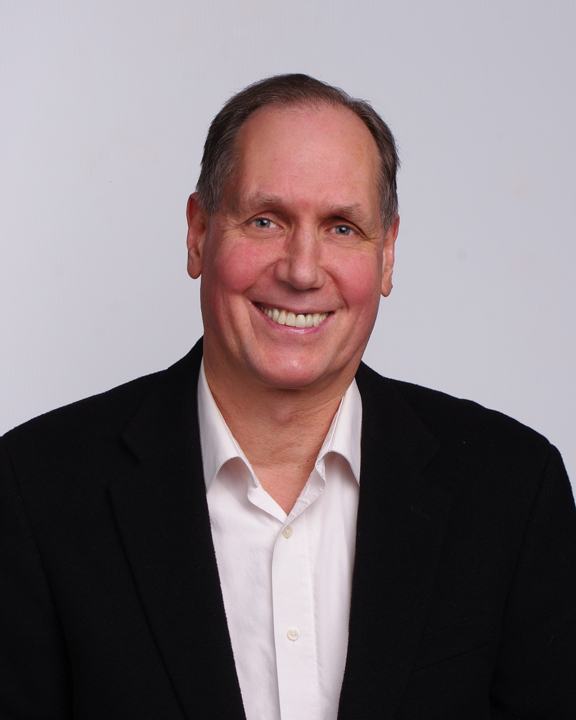
I studied many traditions and traditional cultures as well as the different opposing dietary camps, research and clinical use of supplements. I came to the conclusion that a whole foods diet was still the best.
After looking at all these viewpoints, I felt the best diet, though, was one that included a variety of natural vegetable and animal foods. This was the diet followed by the true longevity cultures that have been studied around the world.
At the same time as I was studying this, I started to question the idea that food was enough. Even with nutrient dense vegetable and animal foods, there are health issues that nutritional supplements and herbs could address for both self-healing and prevention. Some of the main issues that affect our health and getting disease include genetic tendencies, environmental and lifestyle stresses, aging and more. Longevity has a been a topic of study in the far east in many Asian countries for thousands of years. Modern scientific research into aging, food and supplements offers additional clues to life extension.
In the larger picture, nature doesn’t care if we live long only that we live long enough to reproduce. Longevity is something that we have to take steps ourselves to achieve. In the last decades and today, there is some amazing research into what can keep the body and mind healthier into the golden years and before.
Recently a study was done in Sweden that showed how taking supplements of Co-Q 10 and selenium can reduce deaths from cardiovascular disease. This nutrient combination has also been found to improve heart function,1,2 improve quality of life,2,3 reduce the number of days a patient stays in the hospital,3 lower cardiovascular mortality risk by 49%, and even provide protection years after the subjects stopped taking the supplements.4
Cardiovascular disease is the leading cause of death both globally and in the US.5,6 It kills more than 17 million people worldwide every year5—more than all forms of cancer combined.7
- Co-Q10 has a long history of use in boosting cellular energy levels and making mitochondria more efficient at releasing energy from chemical bonds in molecules from food.
- Selenium is an essential cofactor for many of the enzymes in our natural cellular free radical scavenging systems.
- Studies now show that CoQ10 and selenium have effects that help protect against tissue-damaging oxidative stress.
- A series of new human studies from Europe shows that the combination of CoQ10 and selenium supplements reduce heart disease risk and improve quality of life.
Both Co-Q10 and selenium have benefits that go far beyond heart health. Co-Q10 has been found in research to have protective effects in the brain and nervous system, in asthma and chronic lung disease, in diabetes and the metabolic syndrome, on ocular health, and even on the aging immune system. The body produces C0-Q10 but the amount decreases substantially as we age.
Selenium acts by multiple, complementary pathways to prevent cancers from developing. This phenomenon, known to scientists as pleiotropy, allows selenium to attack cancer on many different fronts, at many different stages.8 Selenium boosts the immune system. I have seen first-hand that recommending Selenium reduces the frequency of colds and flus.
The best form of Co-Q10 is Ubiquinol. Selenium is best in the form of Selonomethionine. There is a benefit from getting a selenium supplement with a multiple form of selenium. There is a synergistic effect which makes these two nutrients complimentary to each other.
- Alehagen U, Johansson P, Bjornstedt M, et al. Cardiovascular mortality and N-terminal-proBNP reduced after combined selenium and coenzyme Q10 supplementation: a 5-year prospective randomized double-blind placebo-controlled trial among elderly Swedish citizens. Int J Cardiol. 2013;167(5):1860-6.
- Witte KK, Nikitin NP, Parker AC, et al. The effect of micronutrient supplementation on quality-of-life and left ventricular function in elderly patients with chronic heart failure. Eur Heart J. 2005;26(21):2238-44.
- Johansson P, Dahlstrom O, Dahlstrom U, et al. Improved Health-Related Quality of Life, and More Days out of Hospital with Supplementation with Selenium and Coenzyme Q10 Combined. Results from a Double Blind, Placebo-Controlled Prospective Study. J Nutr Health Aging. 2015;19(9):870-7.
- Alehagen U, Aaseth J, Johansson P. Reduced Cardiovascular Mortality 10 Years after Supplementation with Selenium and Coenzyme Q10 for Four Years: Follow-Up Results of a Prospective Randomized Double-Blind Placebo-Controlled Trial in Elderly Citizens. PLoS ONE. 2015;10(12):e0141641.
- Available at: http://www.who.int/mediacentre/factsheets/fs317/en/. Accessed July 6, 2016.
- Available at: http://www.cdc.gov/heartdisease/statistics.htm. Accessed July 6, 2016.
- Available at: http://www.theheartfoundation.org/heart-disease-facts/heart-disease-statistics/. Accessed July 6, 2016.
- Rayman MP. Selenium in cancer prevention: a review of the evidence and mechanism of action. Proc Nutr Soc. 2005 Nov;64(4):527-42.



 RSS Feed
RSS Feed